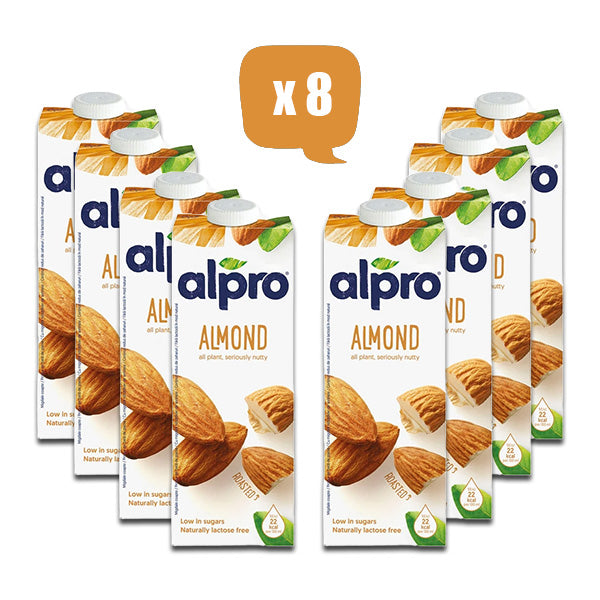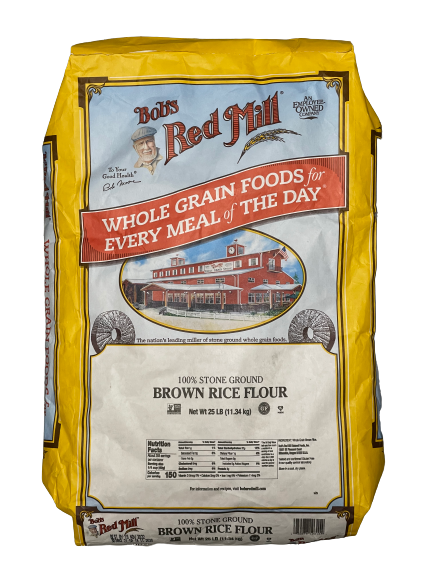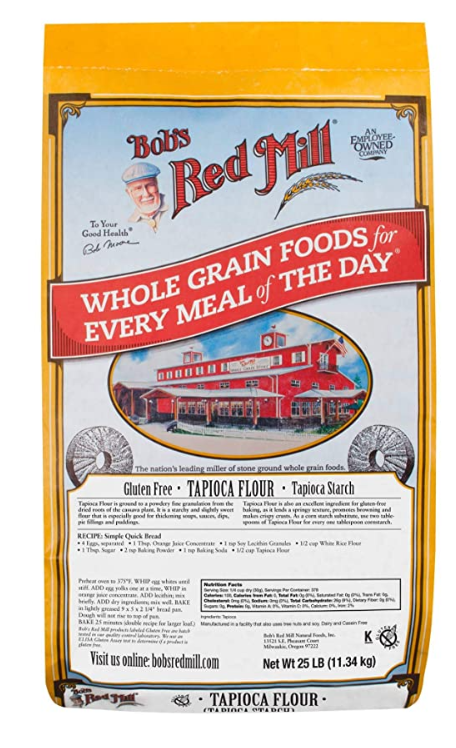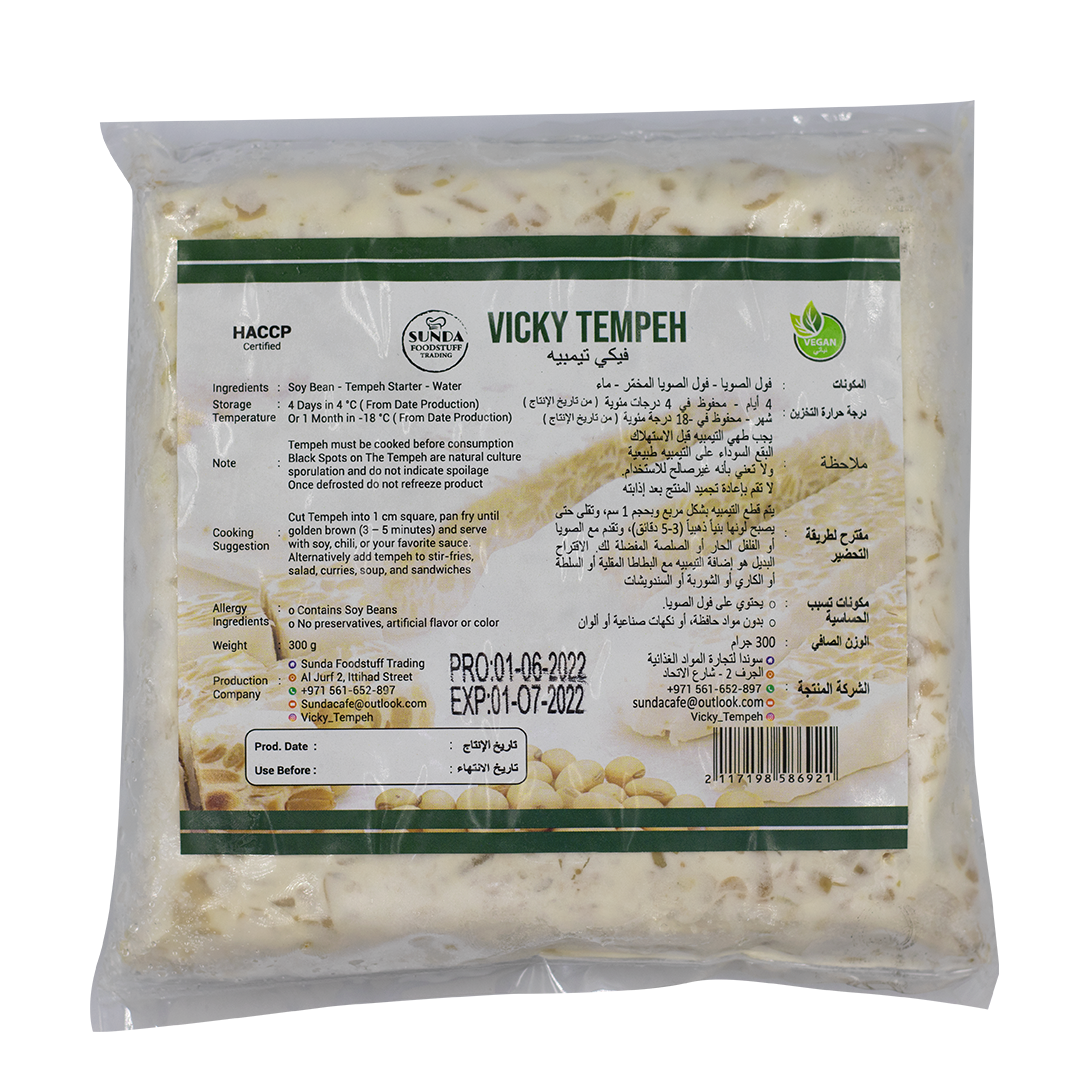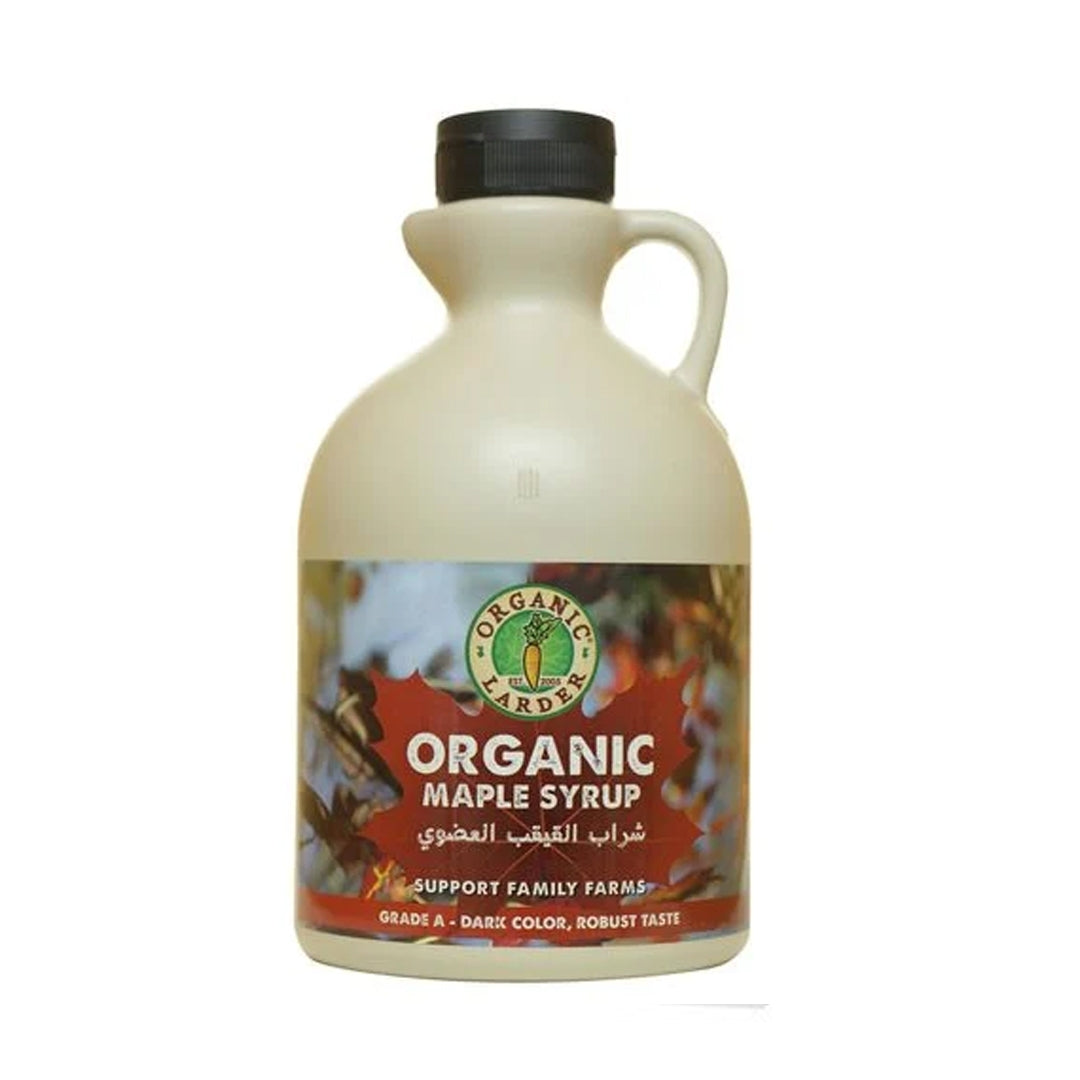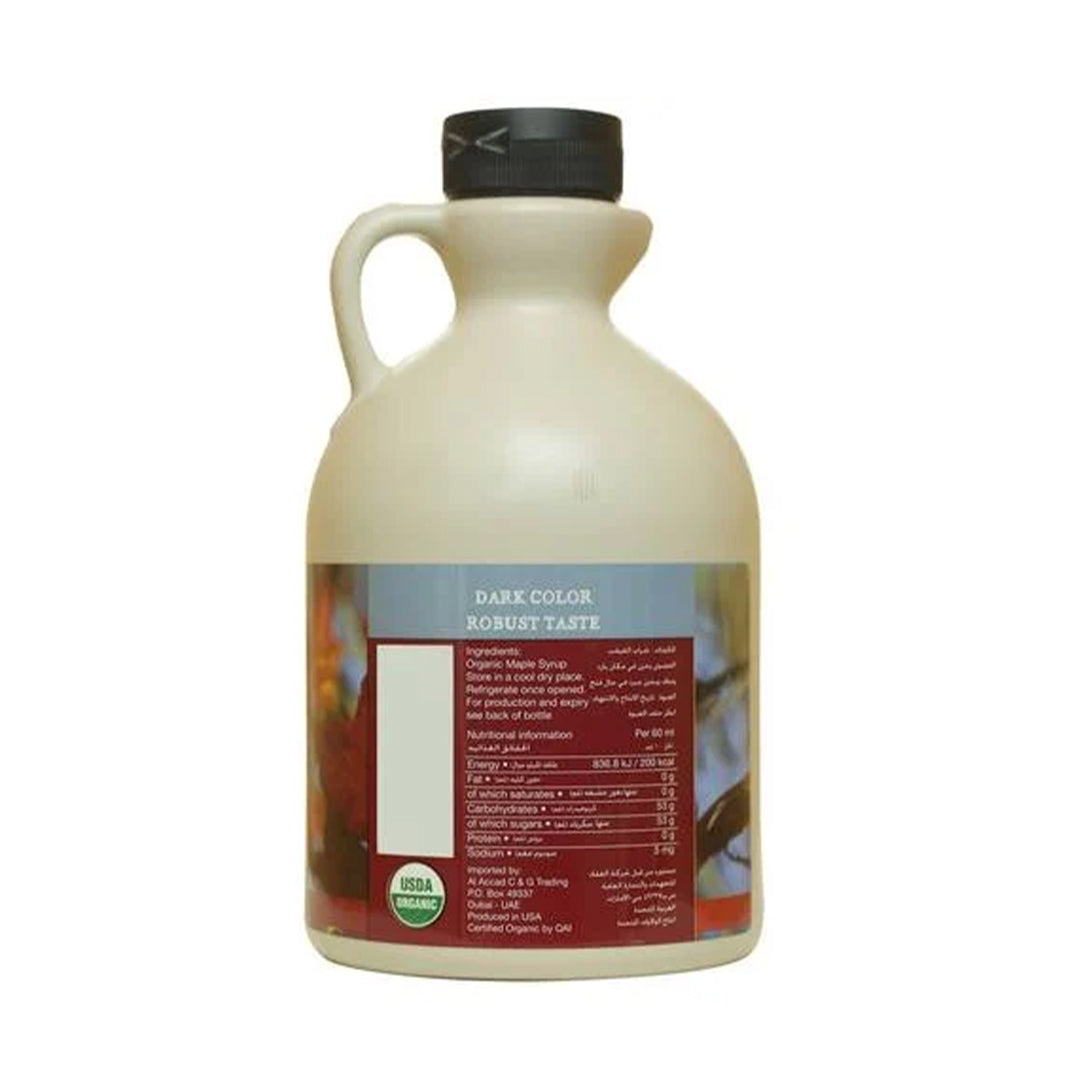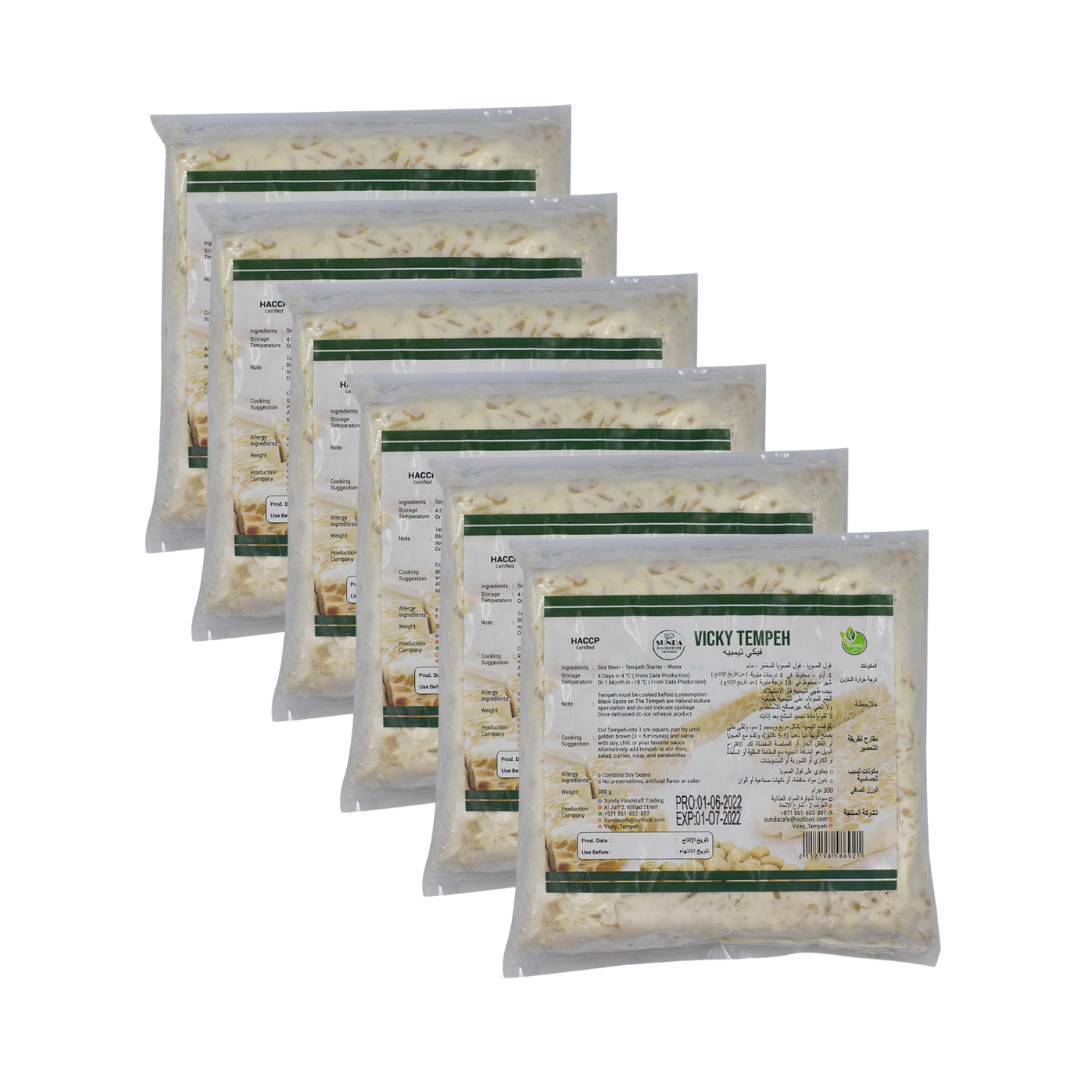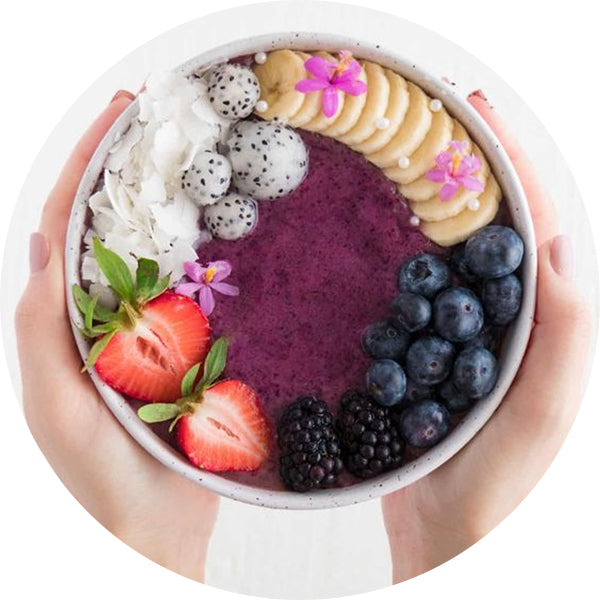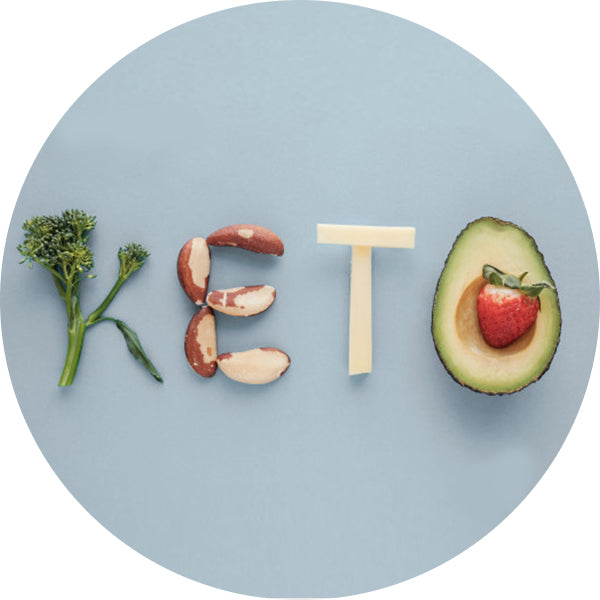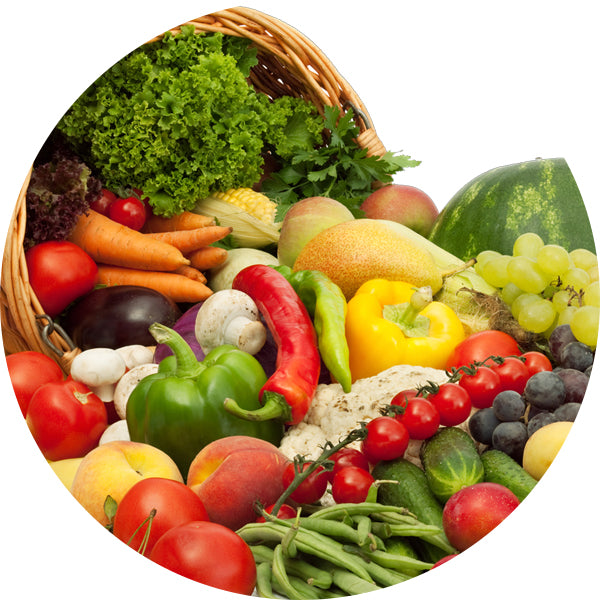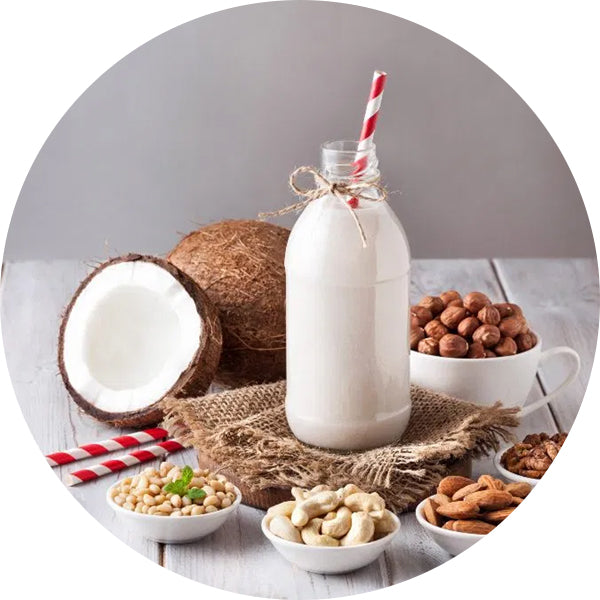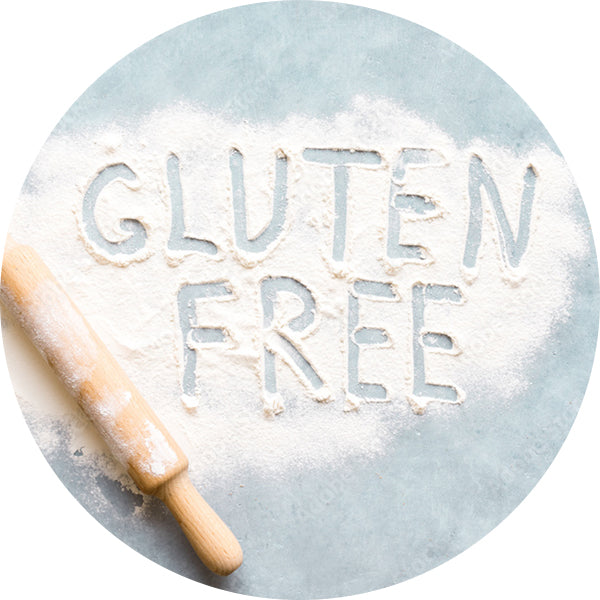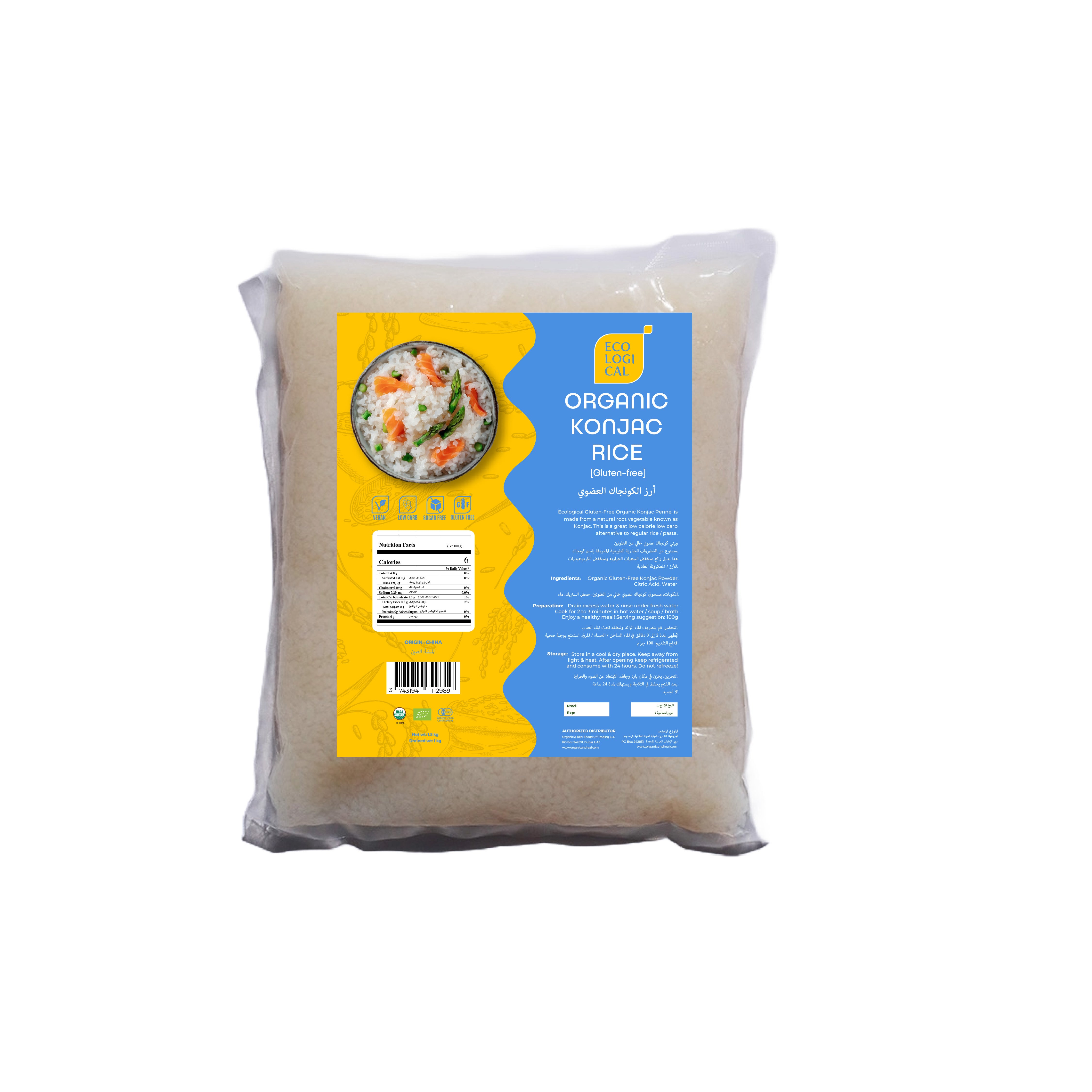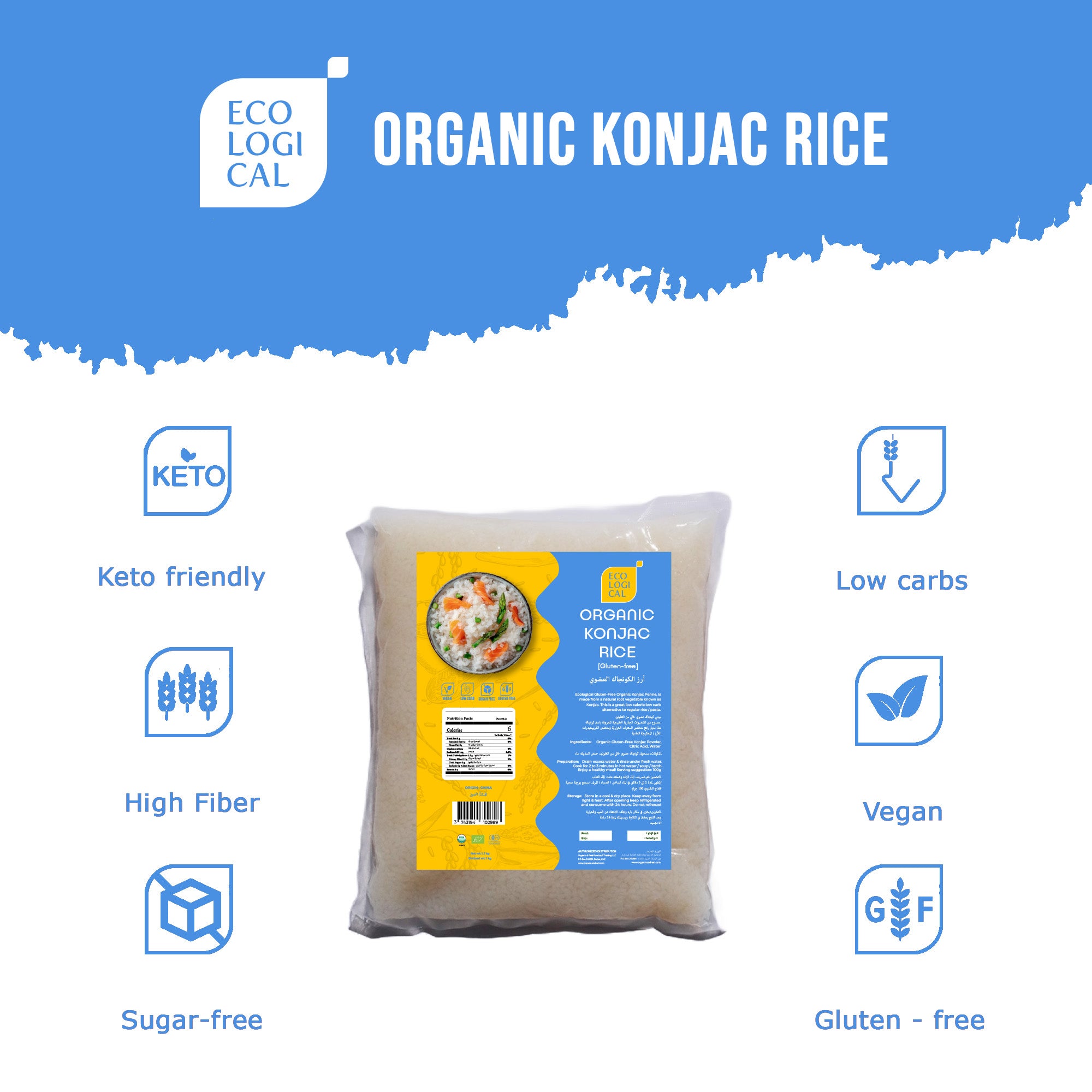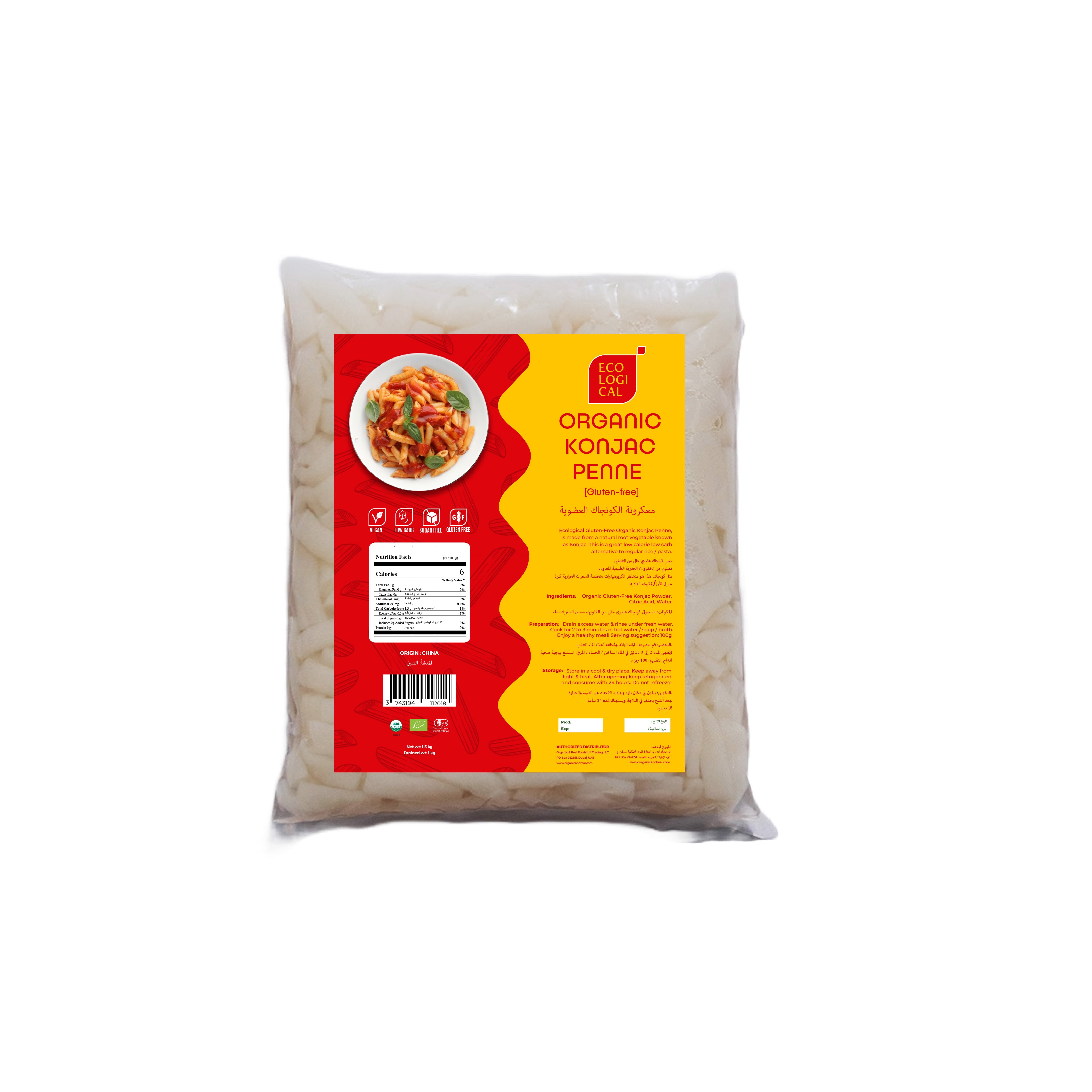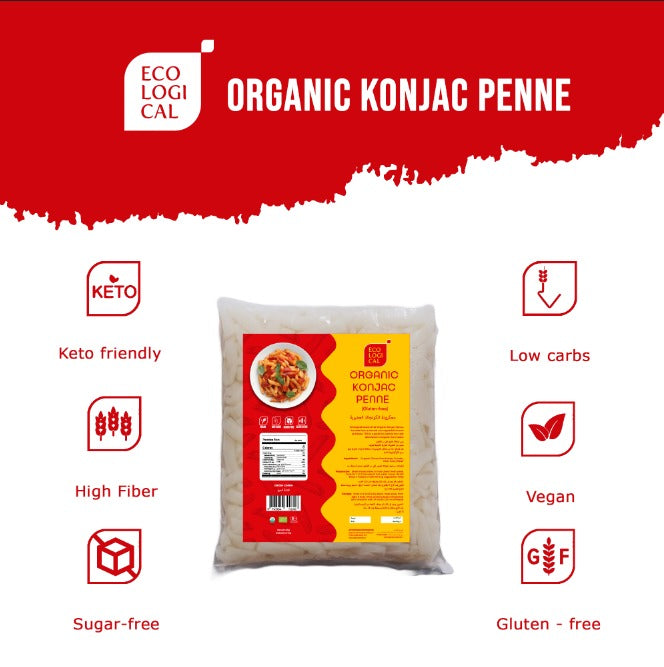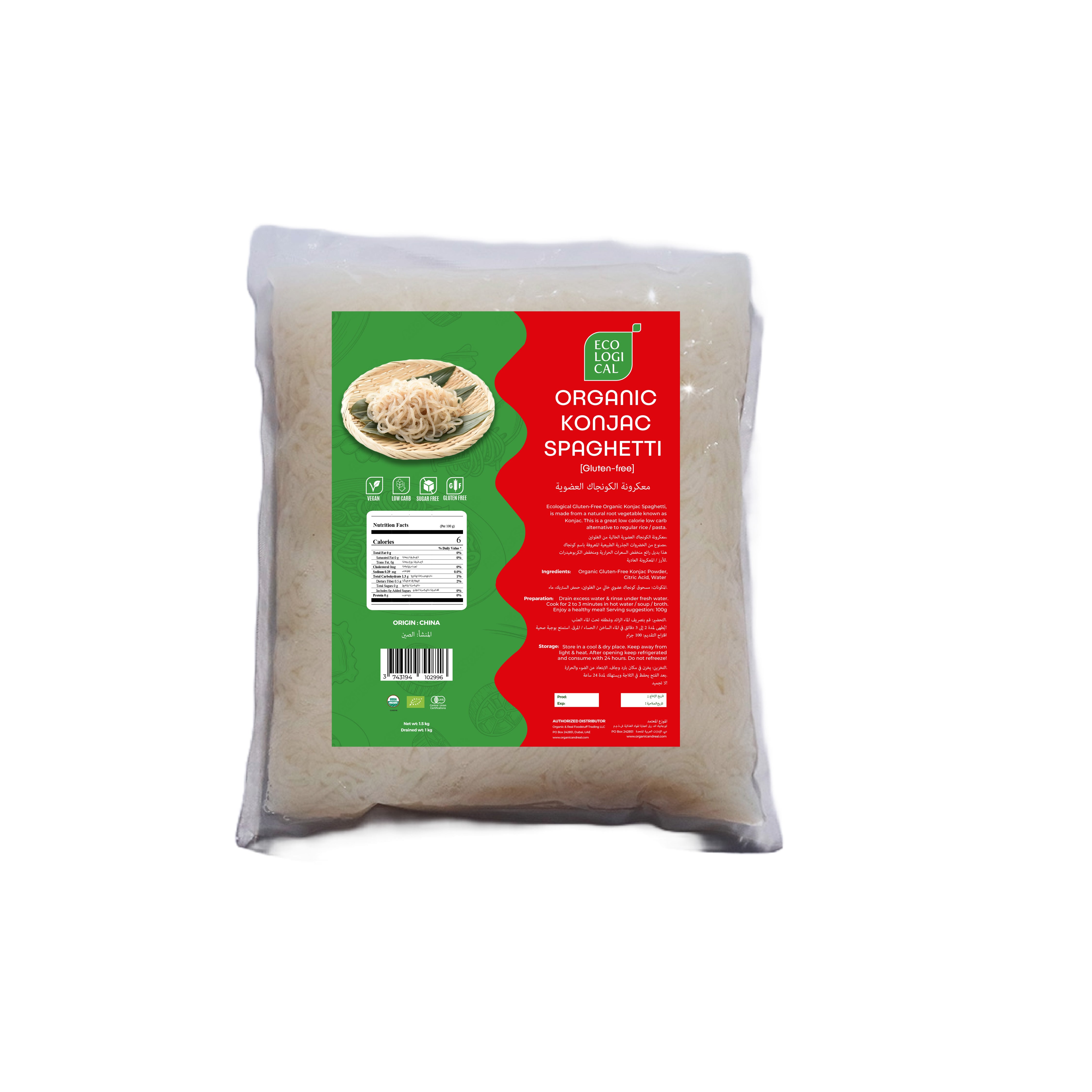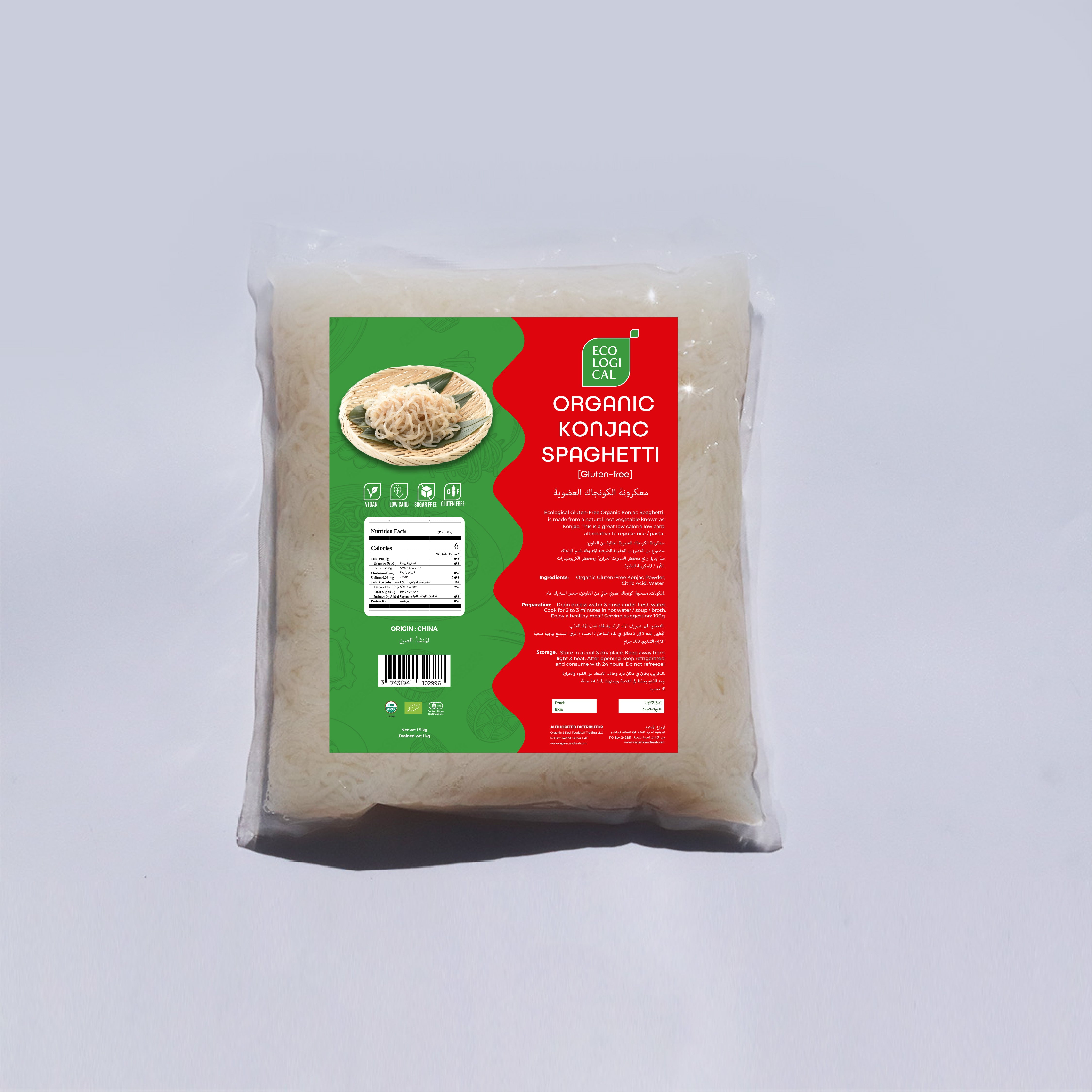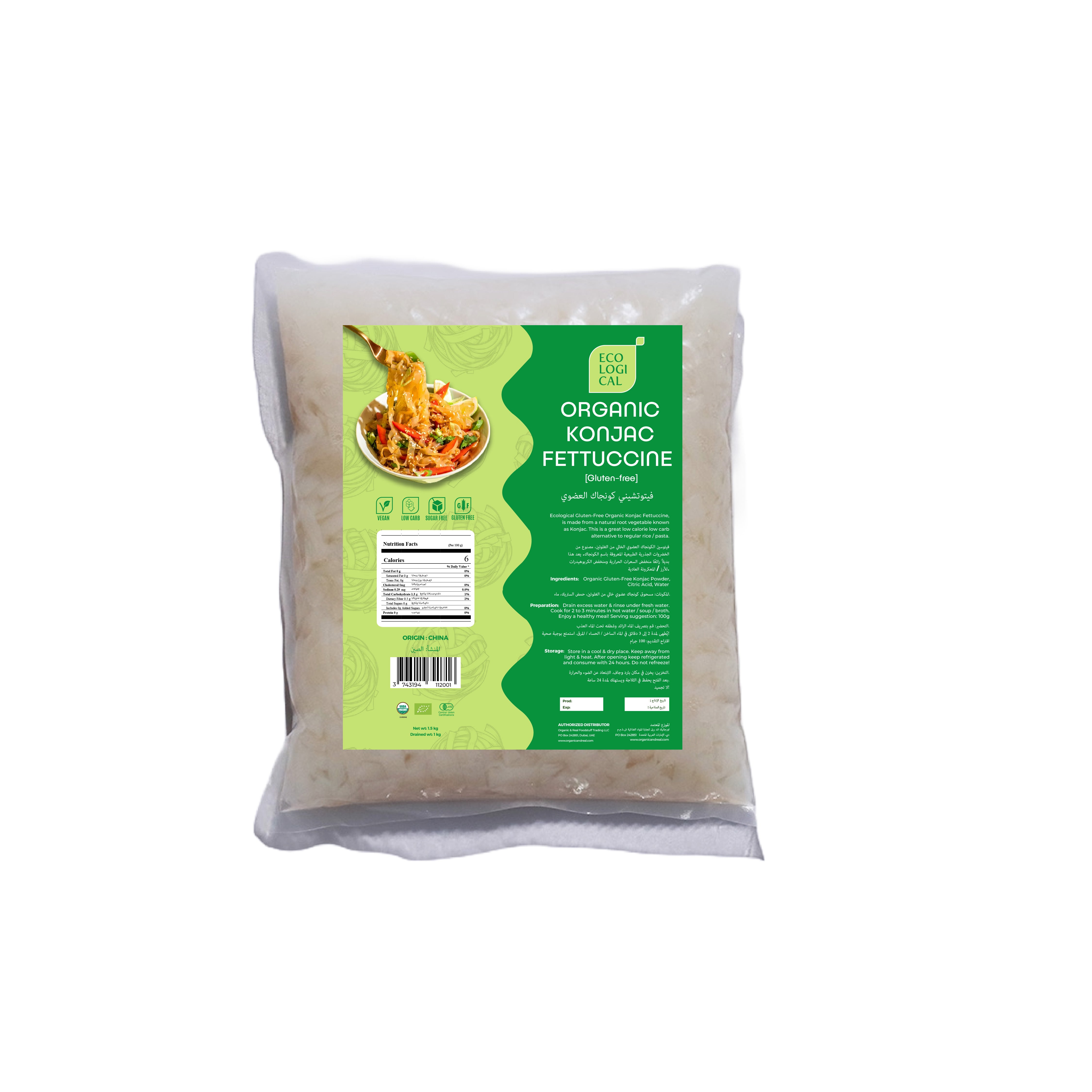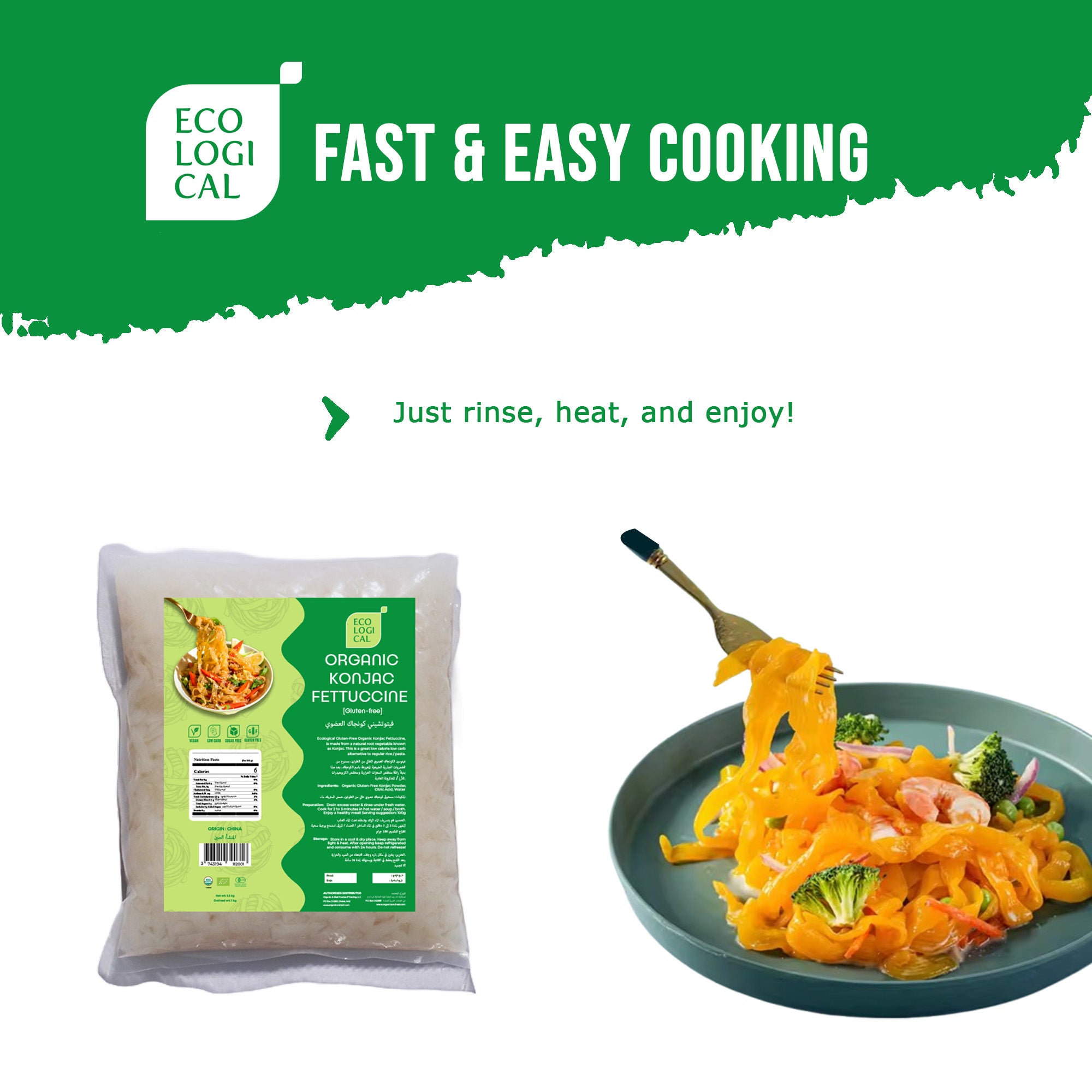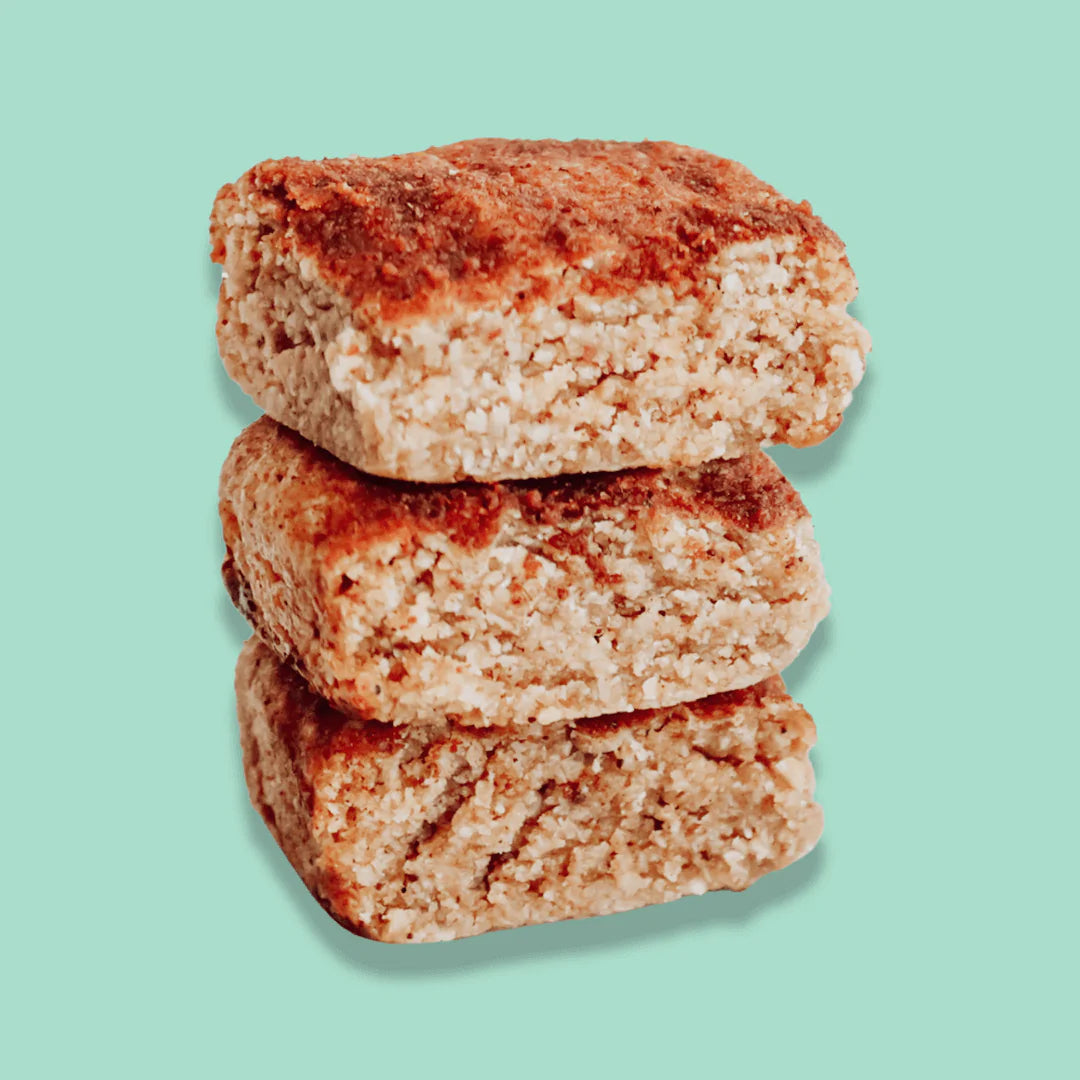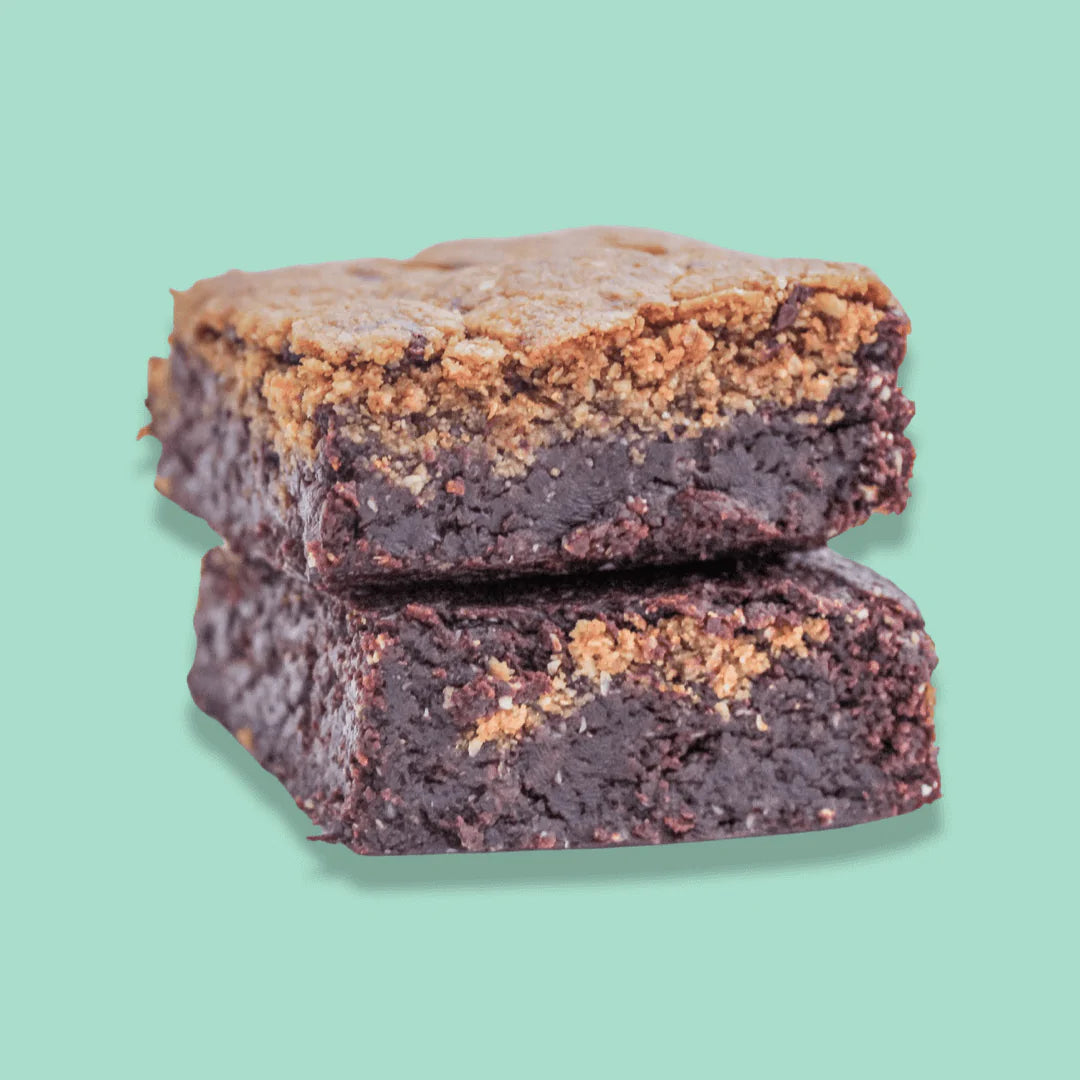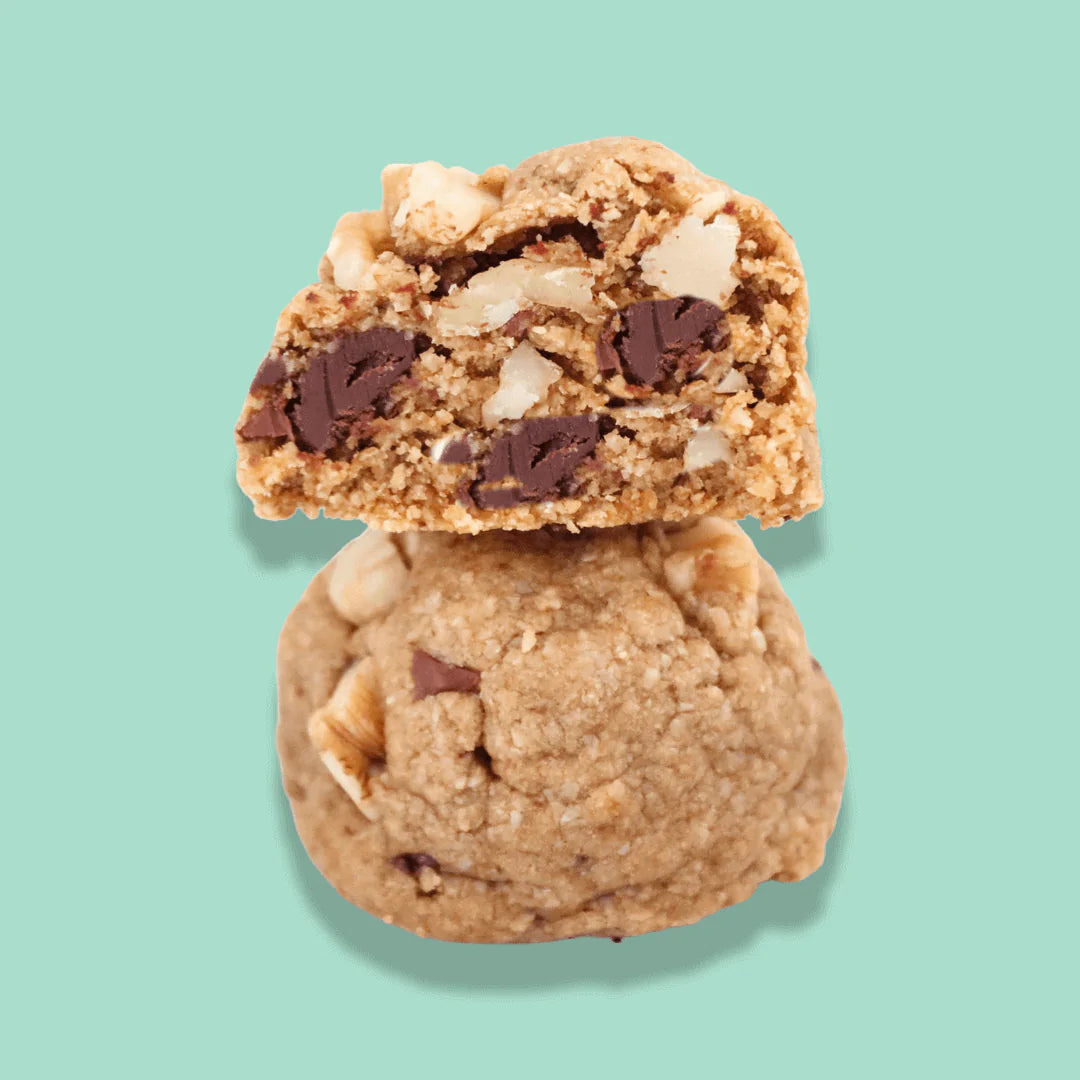What is better – fresh food or frozen food?
So many times we end up ordering in, instead of cooking, because, who wants the pain of chopping and peeling?
There is, however, one easy solution to all this - frozen food. Before you tell us how unhealthy it is, studies now have actually shown that fresh and frozen are not all that different nutritionally. Let’s bust some myths today!
Frozen food is not as nutritious as fresh ones
Actually, if you think about it, fresh food may have travelled many days from the time of harvest to when it gets to your grocery store. During that time, the produce is bound to lose some of its nutritional value. On the other hand, frozen food, especially fruits and vegetables, have a very short time between harvest and being packaged, which maximizes the retention of nutrients, thus reaching you with more health benefits.
Frozen food is expensive
Not really. Frozen fruits and vegetables are often priced more reasonably than fresh items, especially when not in season. Sales on frozen vegetables and fruits can make them a great purchase for your household budget.
Frozen foods are high in sodium
Frozen vegetables are actually less likely to have added sodium. Many manufacturers are now taking a health-conscious choice to cut the sodium content. Before purchase, just scan the label for proof.
Frozen foods expire sooner
Frozen food pretty much remains safe indefinitely. They have expiration dates because they won't taste good forever. The flavour and texture will break down over time as you expose it more and more to air, but otherwise they are fine.
More benefits of frozen foods include the chance to choose from a wide assortment of fruits and vegetables. It provides consistent variety in meals and snacks, and a wider source of essential nutrients, irrespective of the season.
So when are you trying this easy, economical, and nutritious option for healthy eating?


